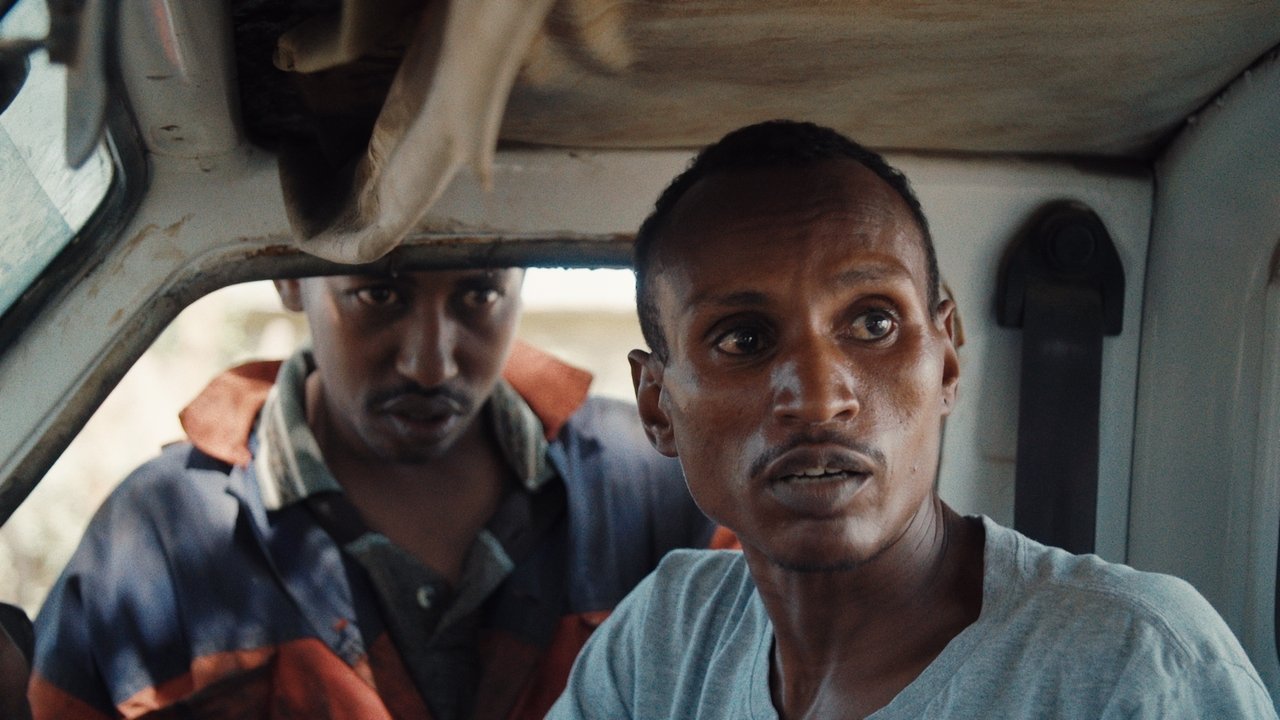
When Lambs Become Lions (2018)
In the Kenyan bush, a crackdown on ivory poaching forces a silver-tongued second-generation poacher to seek out an unlikely ally in this fly-on-the-wall look at both sides of the conservation divide.

In the Kenyan bush, a crackdown on ivory poaching forces a silver-tongued second-generation poacher to seek out an unlikely ally in this fly-on-the-wall look at both sides of the conservation divide.

A documentary detailing an indiscriminate terrorist attack that left 71 dead in Kenya.
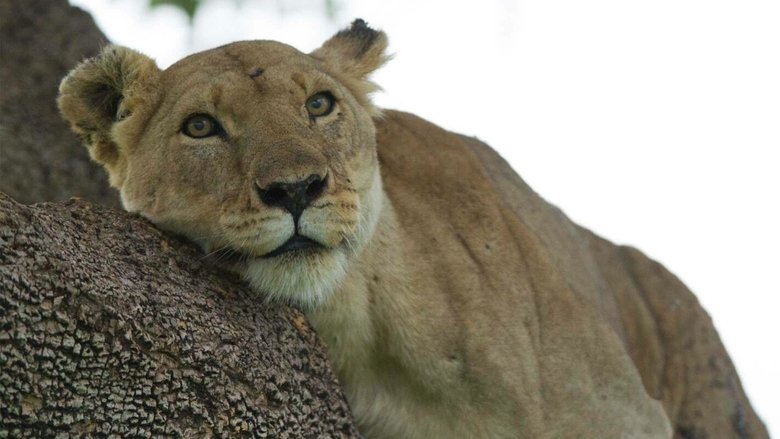
Documented in television documentaries for over 40 years by the BBC and other broadcasters around the world, the Marsh Pride is the most filmed pride of lions on Earth. In this film, the Marsh Pride battle for survival in Kenya's famous Maasai Mara Reserve, which has become a magnet for tourists, many of them keen to see the pride for themselves. A tale of shifting loyalties, bloody takeovers and sheer resilience, the lions’ story is told by those who filmed them, tried to protect them and lived alongside them, as well as some who ultimately wanted them dead.
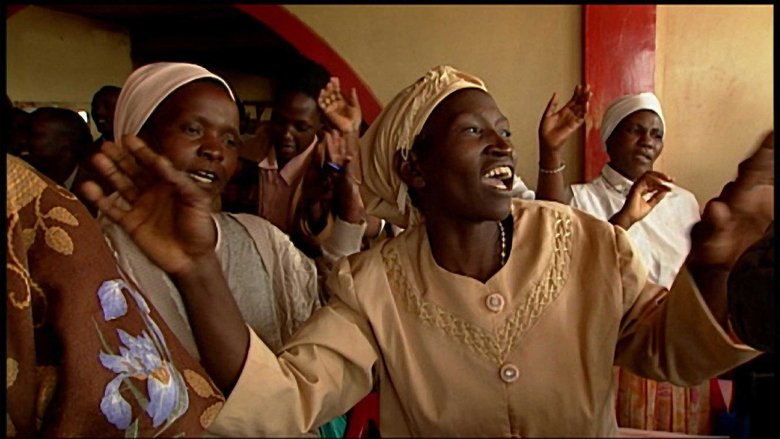
This documentary provides a window into the extraordinary life of activist and Nobel Laureate Wangari Maathai, a Kenyan woman who has worked to regain ownership of her country and its fate after years of colonialism. While gentle and thoughtful, Maathai carries a powerful message: the First World holds much of the responsibility for the environmental, economic and social struggles of the developing world.
As if they were showing their film to a few friends in their home, the Johnsons describe their trip across the world, which begins in the South Pacific islands of Hawaii, Samoa, Australia, the Solomons (where they seek and find cannibals), and New Hebrides. Thence on to Africa via the Indian Ocean, Suez Canal, North Africa, and the Nile River to lion country in Tanganyika. (They are briefly joined in Khartum by George Eastman and Dr. Al Kayser.) Taking a safari in the Congo, the Johnsons see animals and pygmies, and travel back to Uganda, British East Africa, and Kenya.
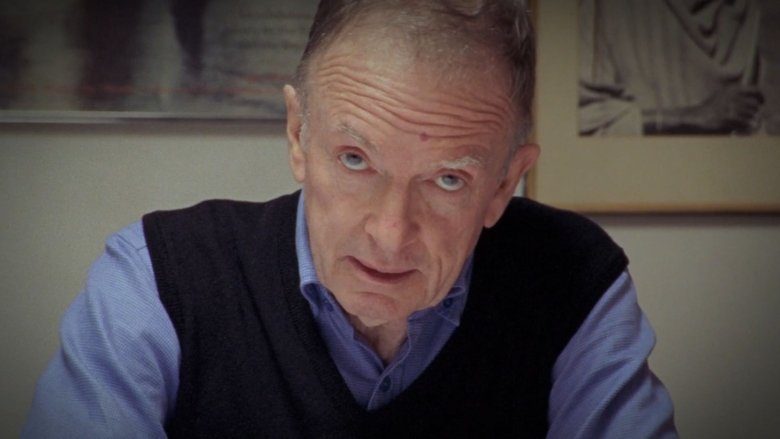
A look at the Mau Mau Rebellion of the 1950s as experienced by filmmaker Donald McWilliams.
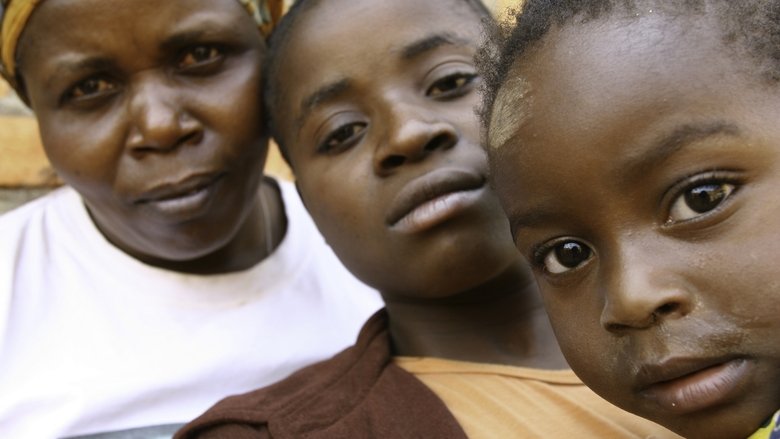
Sexual violence against women is a very effective weapon in modern warfare: instills fear and spreads the seed of the victorious side, an outrageous method that is useful to exterminate the defeated side by other means. This use of women, both their bodies and their minds, as a battleground, was crucial for international criminal tribunals to begin to judge rape as a crime against humanity.
Living among the percebeiros of the Coast of Death (Galicia), this documentary shows a unique relationship between man and his surroundings, man and the sea. At the end of Europe, years after the Prestige oil spill disaster, these fishermen face an uncertain future.
A documentary about people in Kenya who are imprisoned by the global flower industry. The dilemmas of the industry become painfully clear and a dark world of oppression, sexual abuse and terrible working conditions unfolds. There is only one conclusion possible: the smell of the imported rose is not sweet, but bitter.
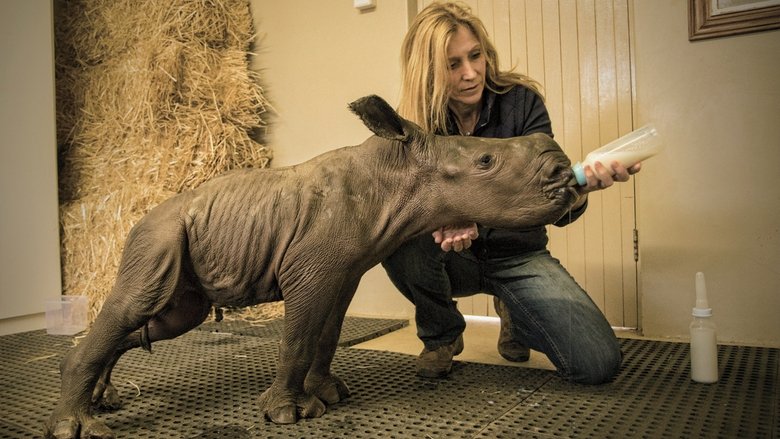
Two first-time filmmakers stop their lives to find out why rhinos are being killed for their horns. Carving out six months for the project, the women quickly find themselves immersed in a world far larger and more dangerous than they had imagined, only emerging from their odyssey four years later.
Today, only 3,200 tigers roam in the wild. At the current rate of poaching, elephants, rhinos and tigers living in the wild will be extinct in our lifetime. Who are the global players in this deadly game of power, greed and profit? Who pulls the strings and who are the customers? And why have ivory and rhino horn become perfect investment opportunities?
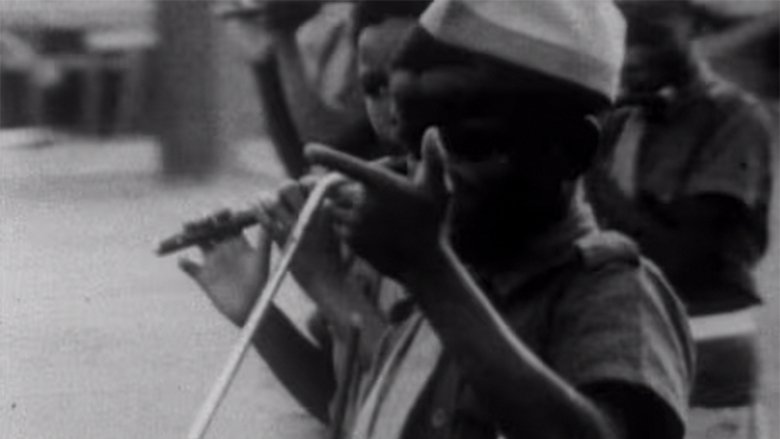
Director Ken Loach explores the politics of race, class and charity in a capitalist society in this documentary funded by the Save the Children foundation.
In one of the world's largest and oldest refugee camps, Dadaab, the inhabitans survive by watching films and dreaming. The refugees cannot leave the camp, but they let their minds escape the harsh reality: by going to the simple cinema hall run by Abdikafi Mohamed, the film's protagonist.
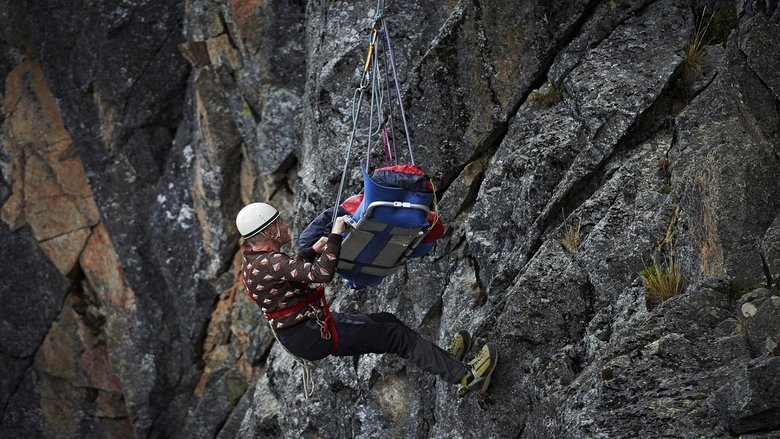
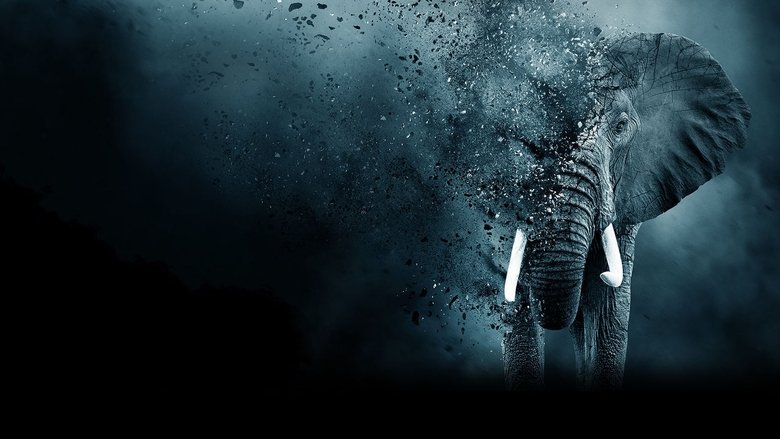
Wildlife activists and investigators put their lives on the line to battle the illegal African ivory trade, in this suspenseful on-the-ground documentary.
Each year over 1.2 million wildebeest travel across the vast Serengeti plains and Kenya's Masai Mara on a 1,800 kilometer circular journey, relentlessly followed by every big African predator. Revolutionary spy cams - airborne, swimming or disguised as rocks, skulls or dung - reveal the Great Wildebeest Migration from entirely new perspectives. This 2-part series focuses on the growing-up of a calf as he takes his first steps, faces his first deadly perils and tries to cross crocodile-infested rivers. It combines natural humor with exciting drama and gripping music.
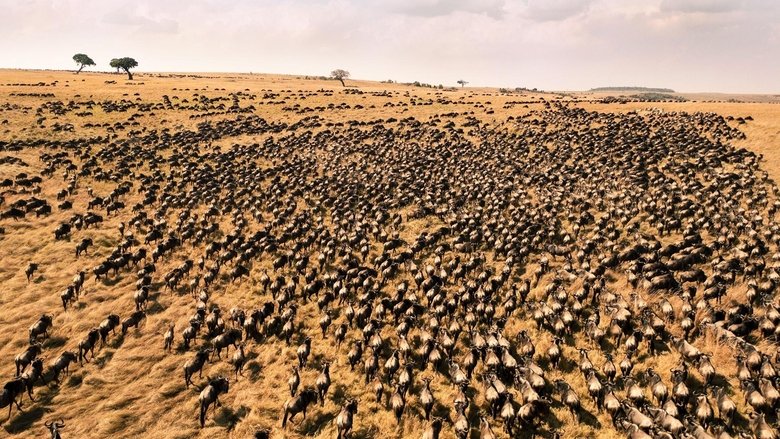
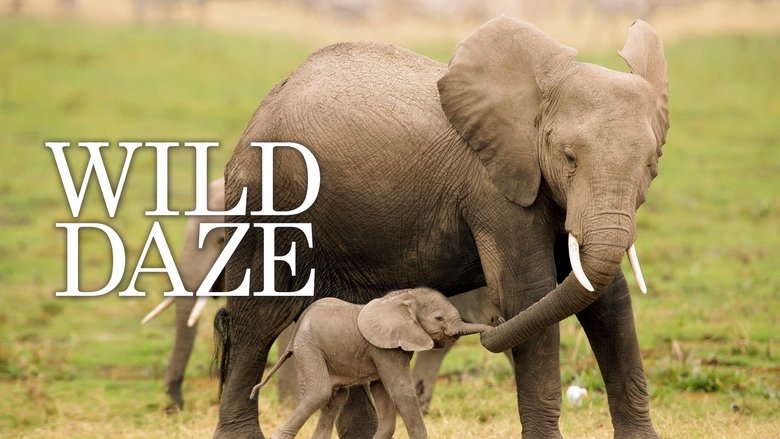
In Africa, poachers brutally maim and kill elephants for their ivory, much of which is exported to China or smuggled into the United States. The profits help fund terrorist organisations, and are used to buy guns and artillery. WILD DAZE takes an unflinching look at these problems from various perspectives, and shows how the slaughter has decimated the elephant population, left survivors traumatised, and seriously harmed the forests of Eastern and Southern Africa.
Milking the Rhino is a 2009 documentary film that examines the relationship between the indigenous African wildlife, the villagers who live amongst this wildlife and conservationists who look to keep tourism dollars coming in. Both the Massai of Kenya and the Ovahimba of Namibia have spent centuries as cattle farmers. With their lands being turned into protected game reserves, these ancient tribes have turned to tourism as a means of survival. While some environmentalists think that community-based conservation is ideal for these villagers, the dangers of drought and the starvation of their cattle remains a constant reality.
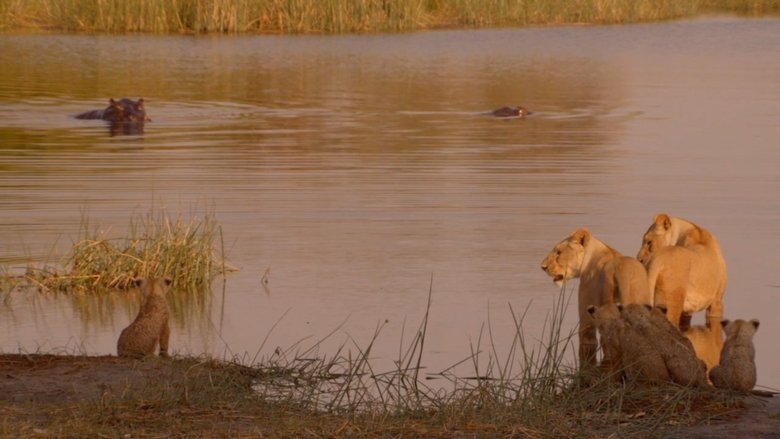
Follow two males lions who swam across the river from Namibia, and joined up with two females in Selinda. This union resulted in six cubs as they grow, learn to hunt, and ultimately, become the first pride in Selinda in many years
The photographic record of an African expedition led by producer-explorer Armand Denis and his (very) photogenic and camera-toting wife Michaela, who goes bird-riding at an ostrich farm. The expedition ranges from the central interior jungles and mountains to both coasts and as far south as Capetown, and ends with a gorilla hunt led by natives using 100-year-old muskets.